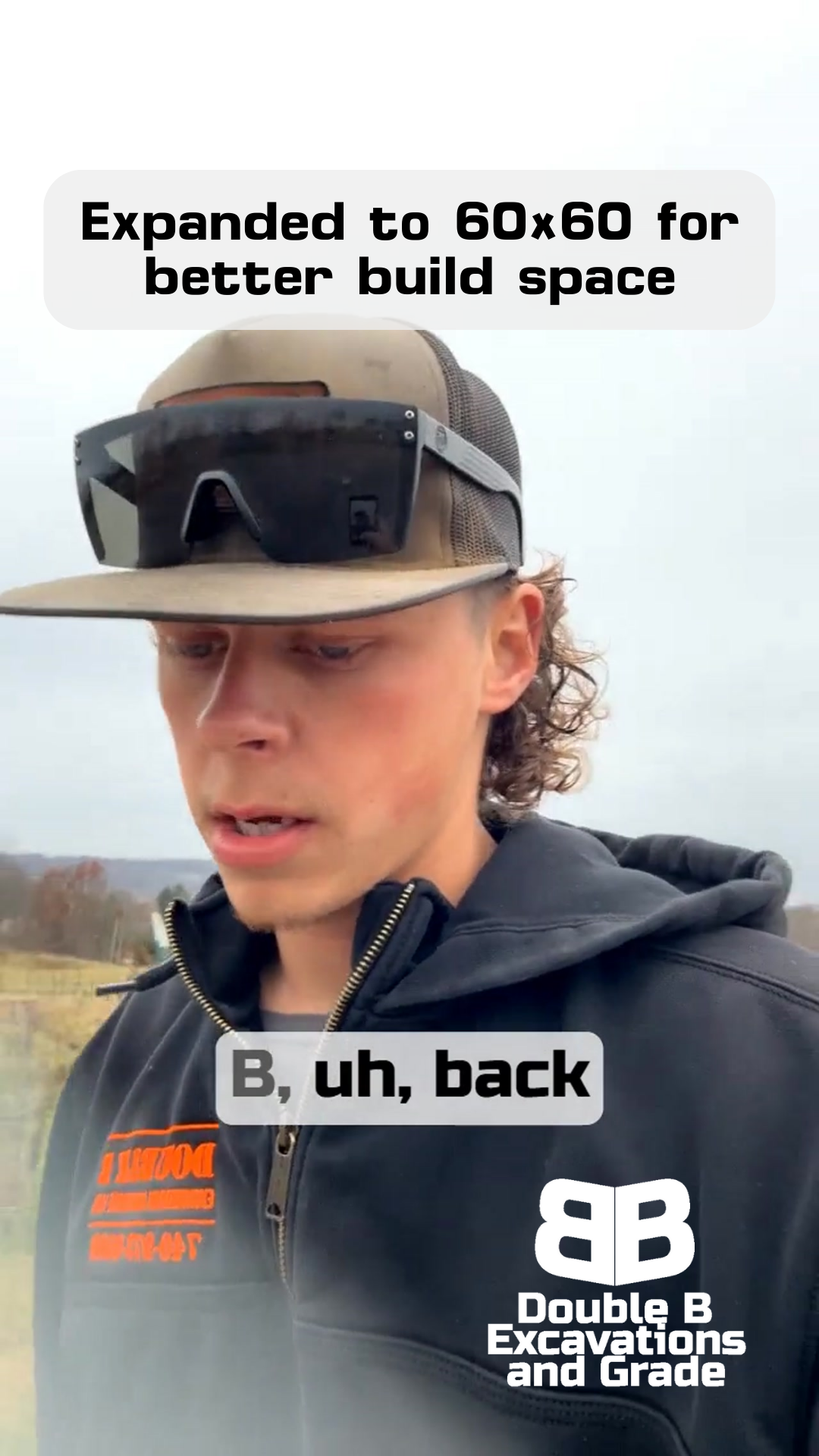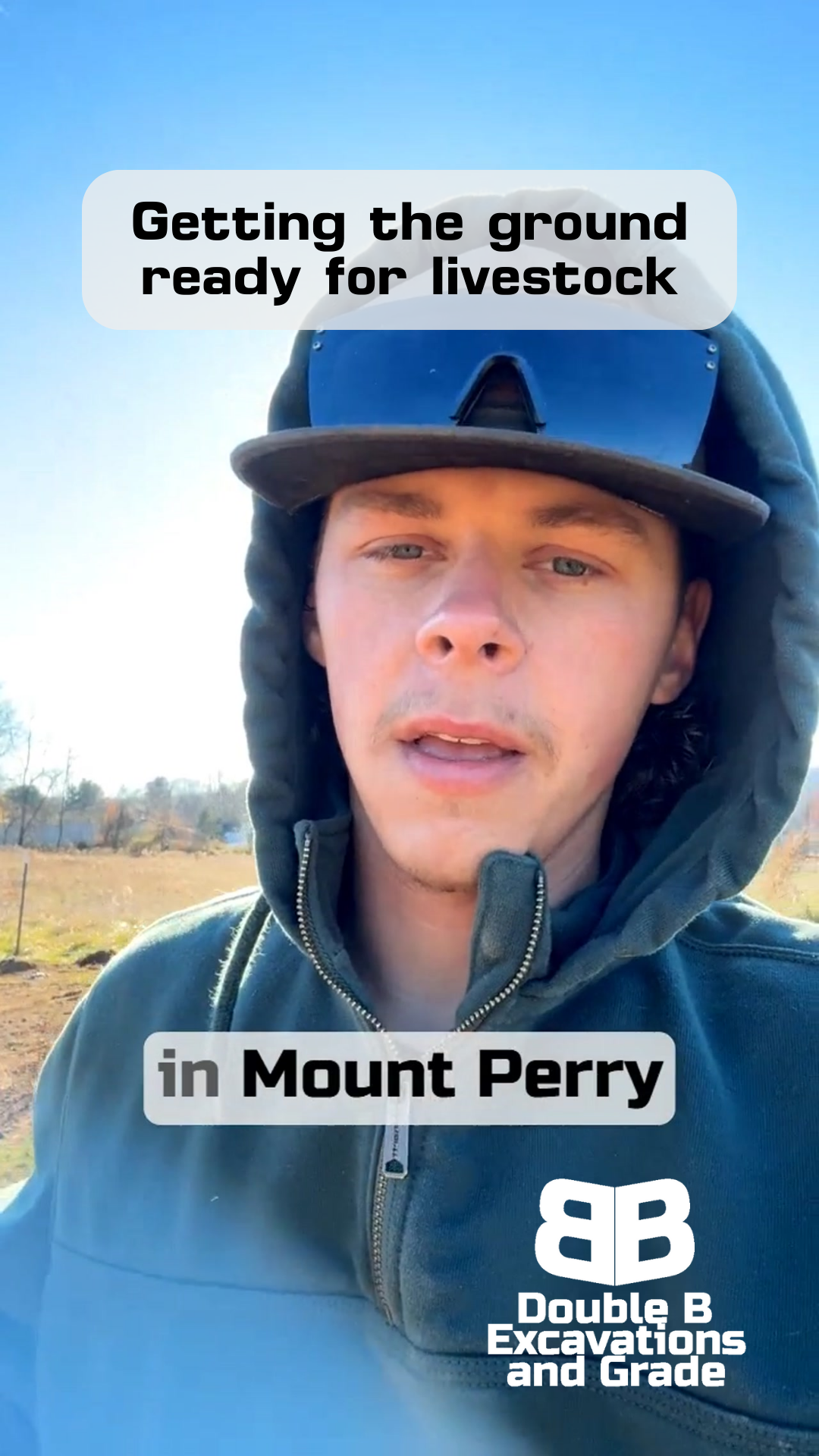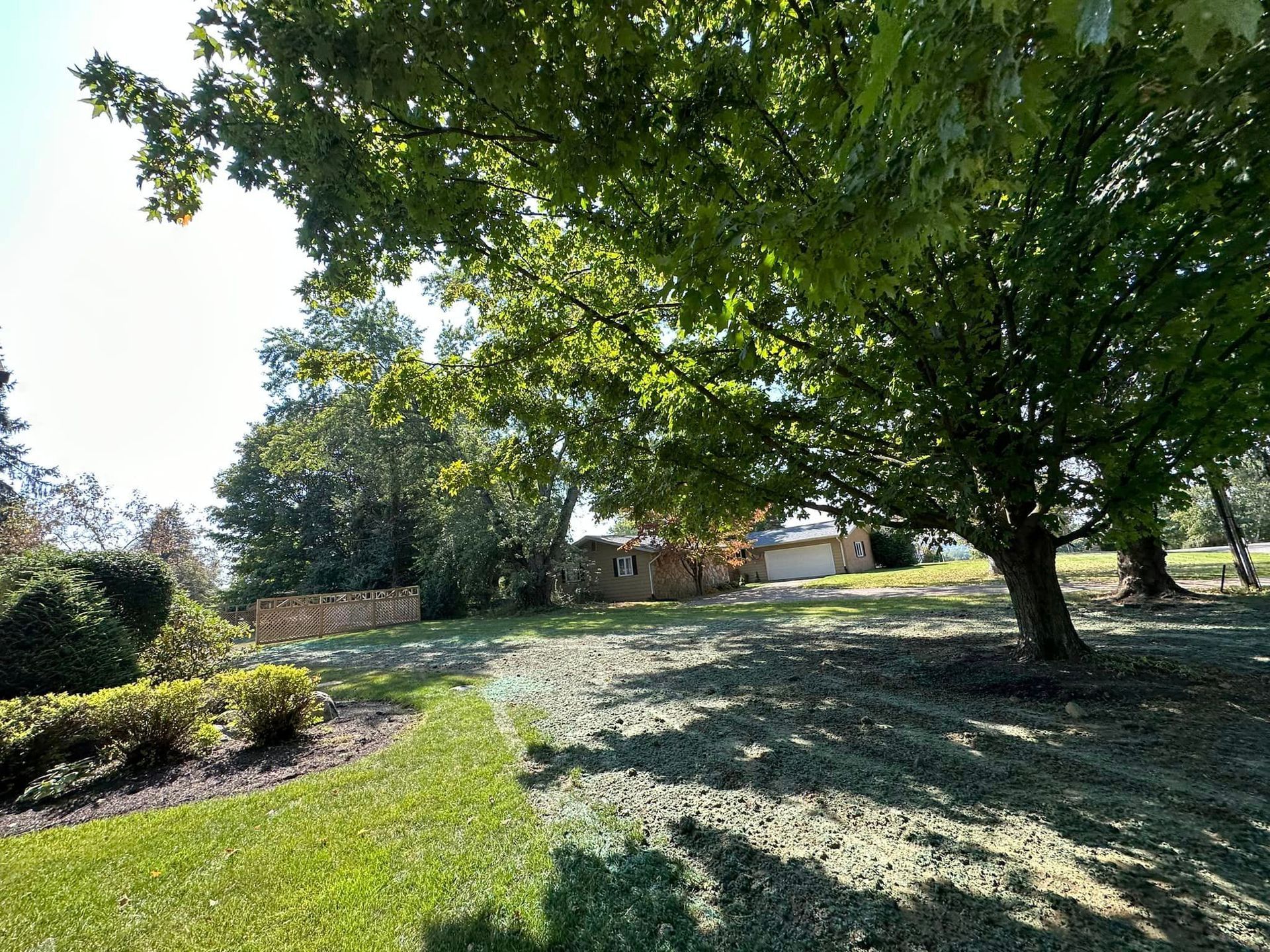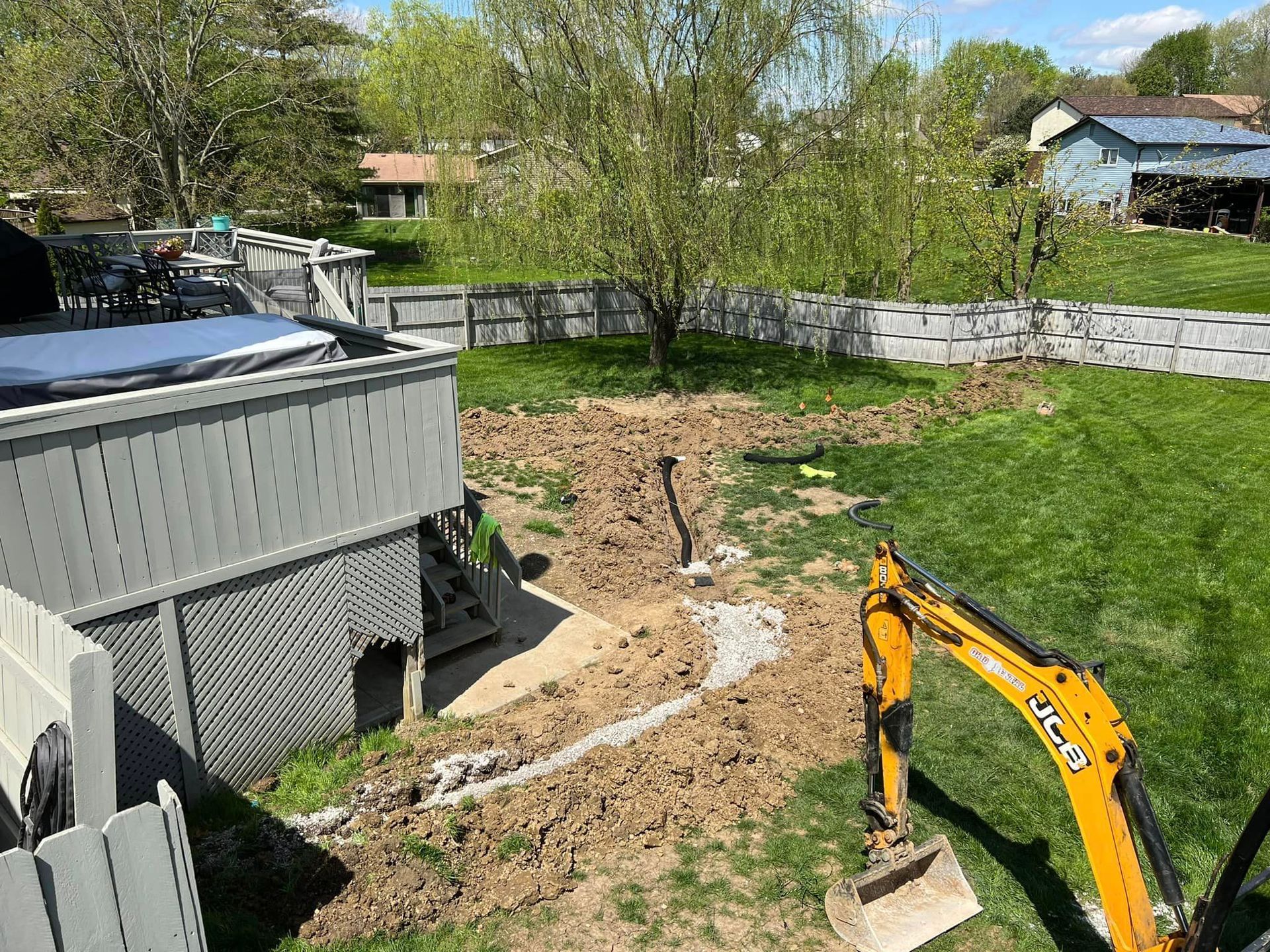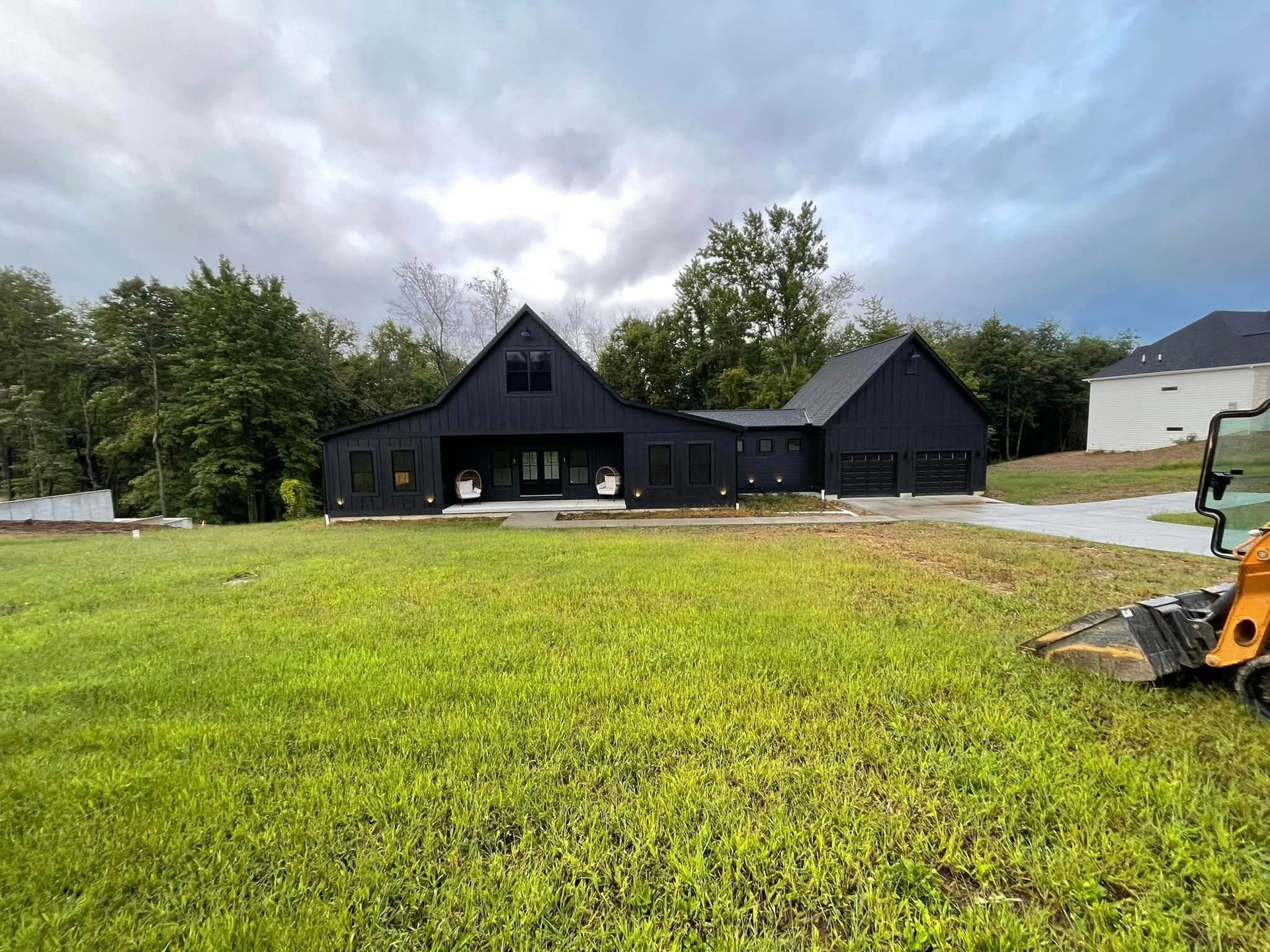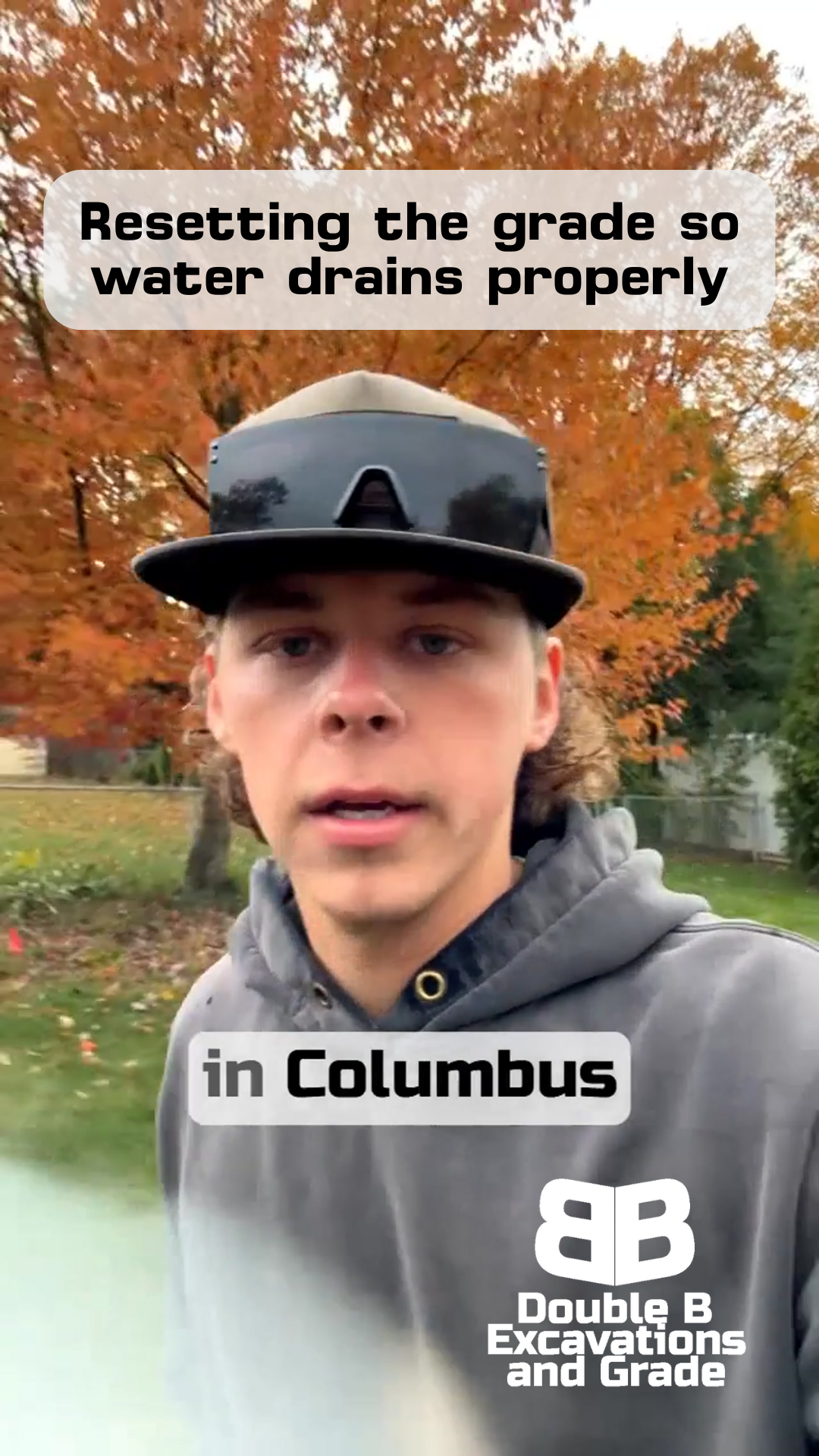Septic Line Repair 101: How We Fix Underground Problems Without Damaging Your Tank
Double B Excavations & Grade LLC
Underground Problems, Above-Ground Solutions
WHY CAREFUL PLANNING MATTERS IN SEPTIC REPAIRS
When your septic line breaks, it's tempting to think of it as a simple dig-and-fix job.
But here's the truth: what happens before we ever put a bucket in the ground often determines whether you're looking at a quick repair or a costly disaster.
At Double B, we approach every septic line repair with a clear plan, because we've seen how rushing in can turn a small problem into a big one.
Today, I want to walk you through exactly how we handle these repairs.
Whether you're dealing with a break right now or just want to understand what goes into fixing one, this information might save you thousands in preventable damage.
Welcome to Double B!
Understanding the Challenge
Every septic repair starts with understanding exactly what we're dealing with. Take our project from this morning - we had a broken line about three and a half feet deep, sitting right next to the septic tank. Sounds simple enough, right? But here's where experience really matters.
That tank lid sitting there? It's not just something we need to work around - it's something we need to protect at all costs. One wrong move with the excavator, one moment of not paying attention, and you could crack that lid. Now your simple line repair just turned into a complete tank replacement.
We also have to think about depth. This particular break was about three feet deep in some spots, reaching three and a half feet in others. That might not sound like much, but when you're working around existing infrastructure, every inch matters. You need room to work, room to slope the sides safely, and room to make repairs without compromising the surrounding area.
Our Step-by-Step Approach
Let me break down exactly how we handle these repairs, because there's a lot more to it than just digging a hole. First, we mark out our work area carefully. We're looking at not just where the break is, but where we need to be to fix it properly. Remember that three-foot depth I mentioned? We need to make sure we have enough room to work safely at that depth.
Once we've got our area marked, we start our careful dig. We use the excavator like it's an extension of our hands - precise, controlled movements, especially when we're working near that tank lid. This isn't about showing off fancy equipment skills - it's about protecting your property while getting the job done right.
After we expose the broken section, we lay down a proper bed of gravel. This isn't just filler - it's giving that pipe the support it needs to prevent future breaks. Then we make our repair, pack more gravel around it, and backfill carefully. Each step matters because skipping any one of them could mean we're back out here fixing it again in a few months.
Why Details Matter
Here's something I've learned over years of fixing septic lines: the problems you can prevent are a lot cheaper than the ones you have to fix. When we take our time to properly bed that pipe in gravel, we're not just being thorough - we're protecting your investment. That gravel provides even support and proper drainage, which helps prevent future breaks.
Think about it this way: the cost of doing it right the first time is always less than having to dig everything up again in six months. Plus, when you're dealing with septic systems, one problem tends to lead to another if you're not careful. A rushed job could mean backed-up pipes, damaged tanks, or worse.
Common Concerns and Solutions
The number one question we get on these jobs is, "How long will this take?" Truth is, it depends on what we find once we start digging. But here's what I can tell you: we'd rather take an extra hour doing it right than rush through and leave you with problems down the road.
Another common worry is damage to the rest of your system. That's exactly why we're so careful around tank lids and existing pipes. We've seen too many "simple" repairs turn into major headaches because someone got careless. When we're on your property, we treat every component of your septic system like it's irreplaceable - because in many ways, it is.
Professional Tips and Insights
Let me share something that could save you a lot of headaches: pay attention to the warning signs. If you notice wet spots in your yard, especially around your septic area, don't wait to get it checked out. Same goes for slow drains or unusual smells. The longer you wait, the more complicated (and expensive) the fix usually becomes.
Here's another tip we've learned from experience: keep a record of where your lines run. You'd be surprised how many homeowners don't know where their septic components are located until there's a problem. Having this information ready can save valuable time when repairs are needed.
Closing
At the end of the day, septic line repairs aren't the most exciting part of property ownership, but they're certainly one of the most important. When we wrapped up our repair today, we knew we'd done more than just fix a broken pipe - we'd given our customer peace of mind knowing their system was properly repaired and protected.
Looking Forward
If you're dealing with septic issues or just want to better understand your system, we're always happy to take a look. There's no such thing as a "minor" septic problem - the sooner you address issues, the better off you'll be. We've been handling these repairs throughout central Ohio long enough to know that an ounce of prevention really is worth a pound of cure.
Need someone to check out your septic system? Give us a call. We'll treat your property with the same care and attention to detail we'd want for our own homes. Because at Double B, we're not just fixing pipes - we're building trust, one careful repair at a time.
